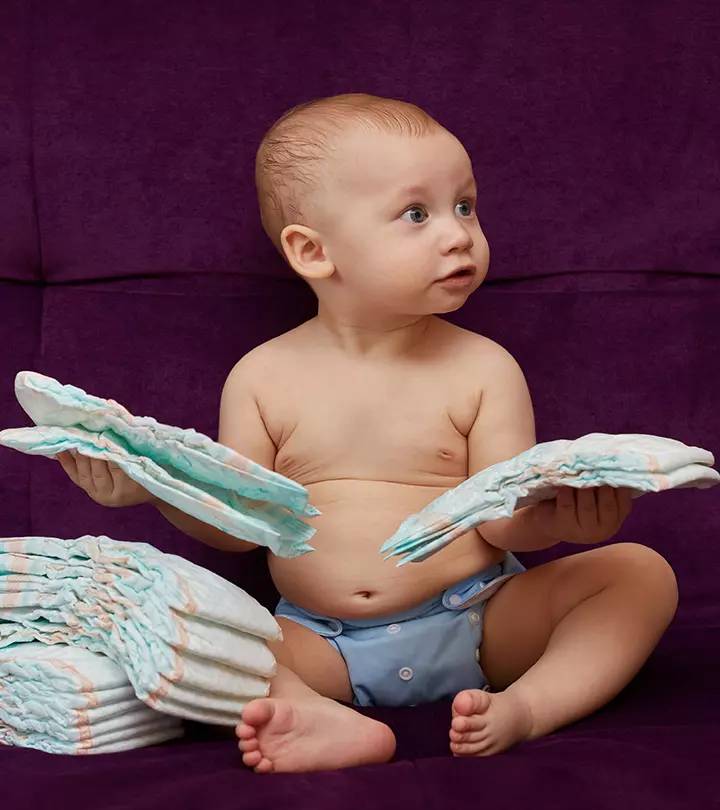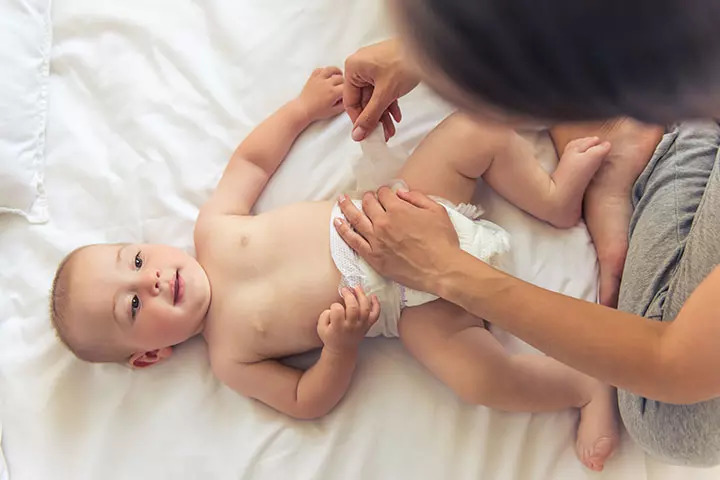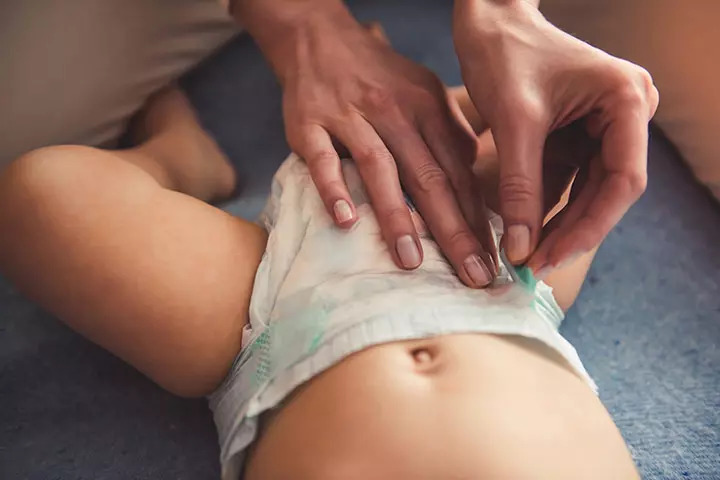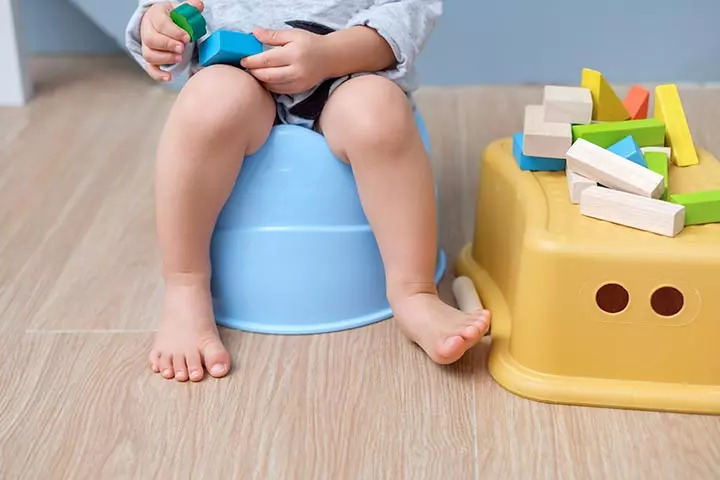
Image: Shutterstock
Even before my son was born, I had shopped for his diapers! These had to go into my hospital bag you see. My husband was opposed to the idea courtesy – my mom-in-law. I don’t blame her though. Using diapers for newborns was still an alien concept for them when she had given birth to my husband. Most people, including my mom, preferred the more traditional cloth diapers. But then, those were the days of joint families where someone or the other would pitch in to care for your child. My situation was quite different. Soon after marriage, we had moved to another city due to my husband’s job. We were living all by ourselves with zero social support. So, it was quite natural for me to go for things that might make my life easier as a new mommy.
As any new mom would know, newborns wet their diapers quite frequently since their only food for the first six months is only milk. With so much going on in trying to feed, burp, and putting my son to sleep, I hardly had time to wash or dry the cloth diapers. And not to forget, my own sleep deprivation left me with no energy either. So, in my case, newborn diapers were like saviors. But let me also admit that my son did suffer from occasional rash and infections too. And when this occurred, my husband easily blamed the diapers and me (of course)! This, until I dragged him to the pediatrician along with me and asked the doctor to explain the reason for my son’s rash and infection. It was only after he heard the doctor out that my husband’s constant complaints against the diapers stopped once and for all. The doctor explained that the infection was probably passed on from an adult handling the baby. So, here I’m sharing some of the wisdom with all those moms who are probably suffering a similar fate for using diapers for their babies:
Myth: Diapers Cause Rashes
Despite its moniker, the cause for a diaper rash is not a diaper alone. The rash is caused due to various factors including exposure to urine and feces, bacterial or yeast infection, introduction to new foods, allergy or irritation to a diapering product like wet wipes, and rubbing and chafing. And it is not like babies in cloth diapers do not get a diaper rash. There is no evidence that suggests that using cloth diapers prevents diaper rash (1).
To prevent this rash, you need to change the diapers frequently, use a good ointment or cream, give more diaper-free time, and keep your baby dry. Also, maintain general cleanliness like washing your hands frequently after a diaper change (2).
Myth: Diapers Can Cause Irritation
A diaper can specifically cause irritation only if the size is incorrect or is too tight. So, make sure you get the right size and don’t fasten it too tight. Sometimes, a particular brand of diaper might also not suit your baby. In such a scenario, change the brand to check what suits your baby. But make sure you keep your baby’s skin well hydrated by using a good moisturizer to prevent irritation.
Myth: Babies Who Use Diapers Do Not Potty Train Early
In my experience, I waited for my son to let me know naturally when he was ready to potty train. I believe each child has his/her learning curve. By the time my son turned one, he was showing a willingness to visit the bathroom to pee. In another six months, he overcame the fear of sitting on our regular toilet seat to poop. Some parents wish to start potty training their kids quite early. But using the tiny, plastic baby potties was a complete no-no for me for the simple reason that if not cleaned properly, they can easily cause infections.
The choice of whether to use cloth diaper or regular diaper finally rests with the parents. But no matter what type of diaper you choose, make sure you clean your baby well, maintain hygiene after every change, and keep your baby’s skin well hydrated.















